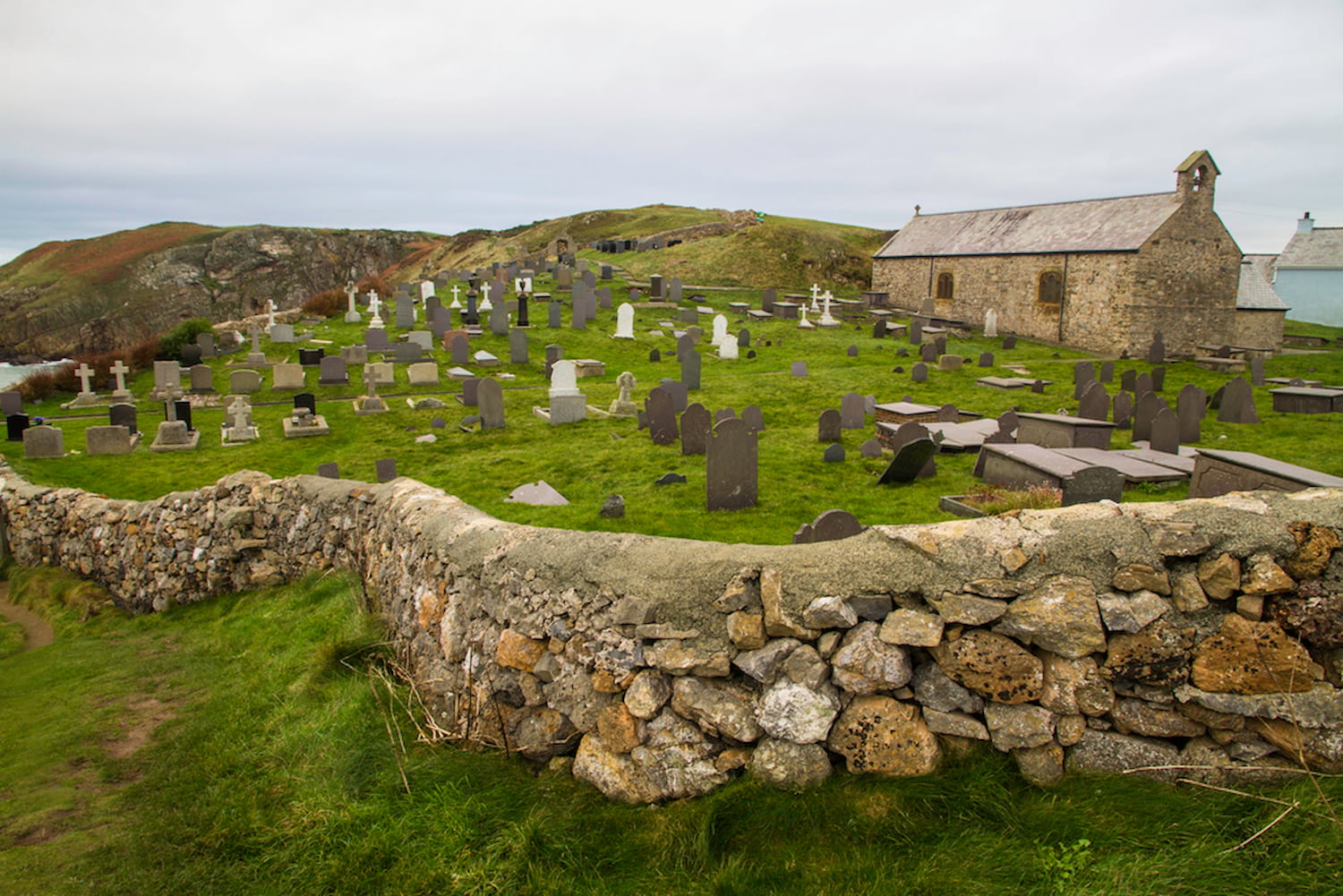Ancestry & Heritage Tours in Wales (Family History Adventures)
When American travelers plan trips abroad, many seek more than just sightseeing—they desire experiences that connect deeply with their family history. With over 1.8 million Americans proudly identifying Welsh ancestry, Wales offers exceptional opportunities for meaningful, personalized heritage travel experiences. Tour operators looking to enrich group itineraries with authentic ancestry adventures will find Wales uniquely suited for delivering memorable journeys.
Ancestry & Heritage Tours in Wales (Family History Adventures)
Begin at Local Archives and Record Offices
To provide groups with a truly personal connection, heritage-focused tours in Wales often start at local archives and historical record offices. A visit to the National Library of Wales in Aberystwyth is particularly rewarding. This prestigious library houses extensive genealogical databases, census records, historic maps, and family documents dating back centuries, providing groups with the opportunity to uncover fascinating personal stories.
It’s advisable to arrange visits in advance, ensuring that specialist librarians or genealogists are available to guide your groups. These experts can help interpret historical documents, enhancing the significance of the discovery process and providing valuable context to family stories.

Visit Ancestral Villages and Towns
Walking in the footsteps of ancestors is a profound experience for many visitors. Wales is dotted with towns and villages that have historical significance for emigrants who left for America, especially during the 18th and 19th centuries. Whether tracing ancestors to the mining valleys of South Wales, rural farming communities in Mid Wales, or coastal villages in North and West Wales, exploring these locations brings personal family histories vividly to life.
Certified local guides are invaluable here. They offer unique insights into each region, enriching visits with detailed knowledge about historical contexts, cultural traditions, and even folklore connected to the visitors’ family histories.
Explore Historic Chapels and Cemeteries
Another impactful aspect of heritage tours is visiting chapels and cemeteries significant to visitors’ family backgrounds. Many Welsh-American families trace their roots to Wales’s vibrant religious communities, including Methodist, Baptist, and Independent congregations. Tour operators should include carefully planned visits to historical chapels—often still standing as they were centuries ago—and family burial plots, giving groups the emotional experience of physically connecting with their heritage.
Guides specializing in genealogical tours can sensitively lead these visits, helping travelers interpret gravestone inscriptions, architectural details, and historical symbolism, deepening the emotional connection and understanding of their family narratives.
Engage with Local Heritage Experts
To provide a truly immersive experience, consider arranging meetings with local historians, genealogists, or authors specializing in Welsh history. Interactive sessions, such as lectures, storytelling evenings, or informal Q&A sessions, enrich group itineraries. These experts often share stories and insights that standard tours miss, offering fascinating perspectives on Welsh immigration patterns, everyday life in historical Wales, and local traditions and customs.
These interactions transform heritage tours from general sightseeing into a deeply educational and personal journey, enabling travelers to better understand the lives and challenges their ancestors faced before emigrating.
Customized and Flexible Itineraries
Because every family’s history is unique, flexibility in itineraries significantly enhances the value of heritage tours. Group tour planners should allow room for customized visits tailored to specific family backgrounds, such as ancestral farms, historical homes, or special landmarks connected to travelers’ family stories. This flexibility allows groups to experience moments of discovery and connection spontaneously, which are often the most cherished memories of heritage trips.
Previous tour groups have found such personalization profoundly impactful, with visitors often unexpectedly encountering distant relatives, uncovering ancestral properties, or locating memorials significant to their heritage
Practical Considerations for Heritage Tours
While emotional and historical depth are essential, logistical comfort should never be overlooked. Itineraries should balance exploration with adequate rest, comfortable transportation, and accessibility considerations. Clearly communicate what travelers should bring—such as family documents, old photographs, or heirlooms—to aid local experts in their research and interpretation.
Additionally, offering pre-trip resources like webinars or information packets helps travelers prepare for the emotional and logistical aspects of their heritage tour, making the experience smoother and more rewarding overall.
Ideal Seasons for Heritage Travel in Wales
Spring (April–June) and autumn (September–November) are excellent periods for heritage tours in Wales. During these months, the weather is mild, attractions are less crowded, and groups can explore comfortably. The added bonus of seasonal cultural events and festivals provides even richer context to ancestral experiences, bringing historical Wales vividly to life.
Ready to Plan a Meaningful Heritage Tour?
Offering ancestry and heritage tours in Wales gives tour operators the chance to provide truly unique and meaningful experiences that resonate deeply with American visitors. By combining archival research, guided village visits, historical chapels and cemeteries, expert storytelling, and itinerary flexibility, your tours will stand out as unforgettable journeys into personal and family history.
Interested in crafting memorable heritage journeys for your groups?
Explore our certified Welsh heritage guides or contact our tour specialists to begin designing your group’s personalized heritage adventure today.
